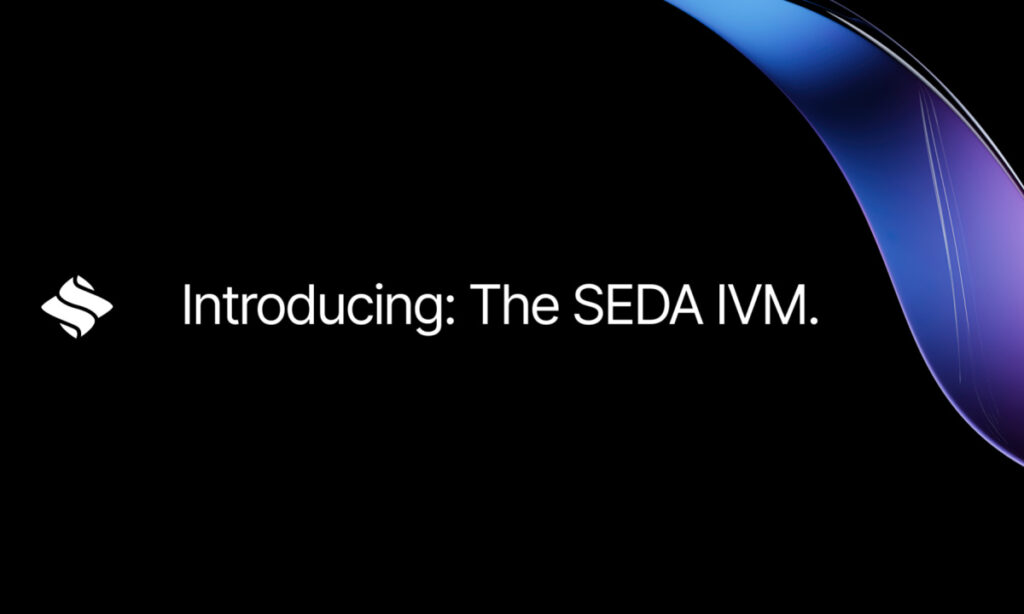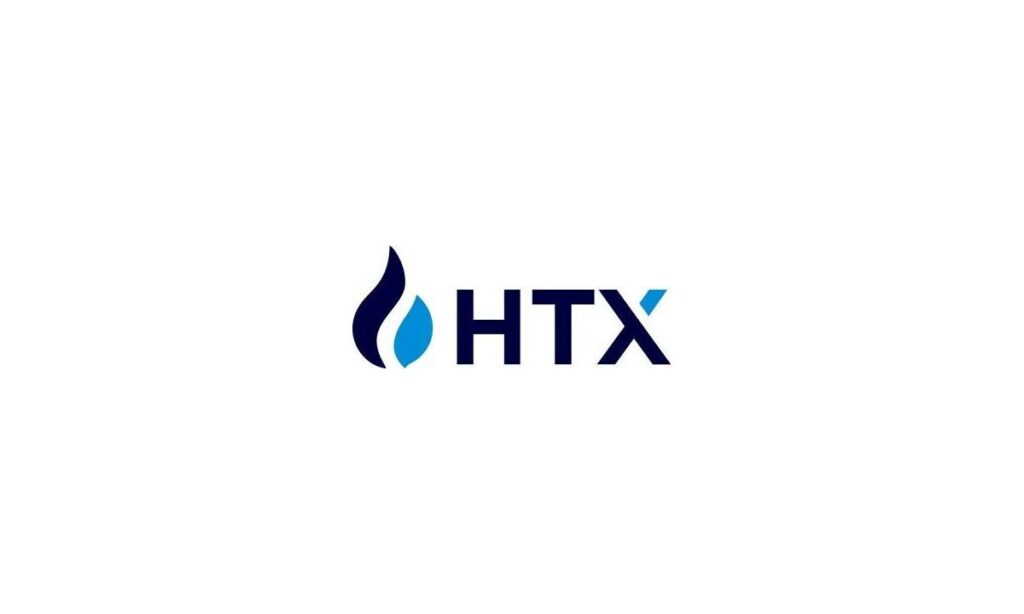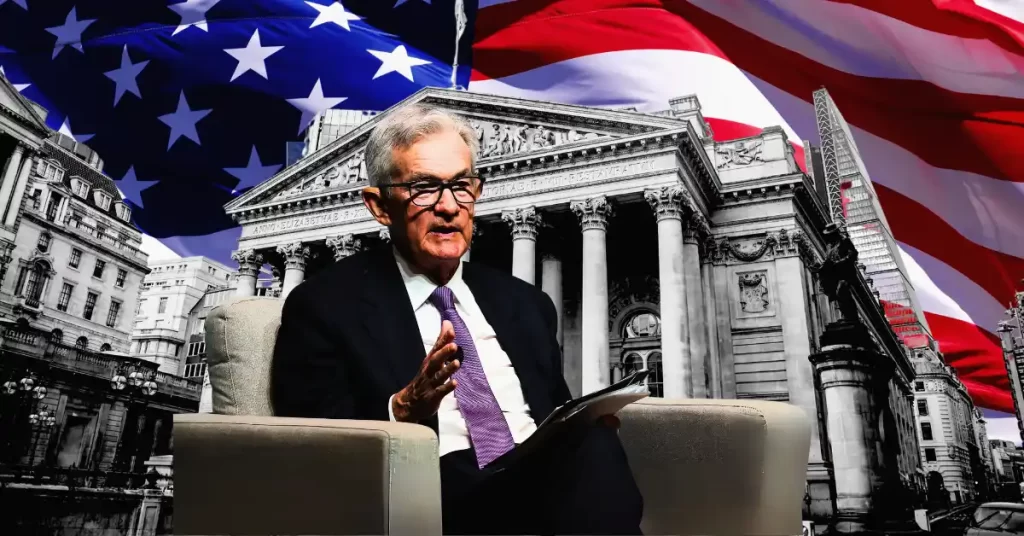The South Korean legal system discharged HSBC Holdings Plc. of all charges in relation to illegal short selling, a ruling that is seen as a nod to the government’s fairness in its efforts to combat stock trading abuses.
South Korean authorities appear to be strengthening the regulation of financial sectors, including the developing cryptocurrency trading sector.
Seoul court clears HSBC as crypto oversight tightens
In March of last year, South Korean prosecutors charged HSBC and three traders from its Hong Kong office with naked short-selling shares, resulting in a charge of 15.8 billion won ($10.9 million). The Seoul Southern District Court ruled Tuesday that there was no evidence that HSBC employees were aware of any rule violations when executing the trades.
The case, which has gained international attention, became the first South Korean legal action against a foreign bank. The British Universal Bank and financial services group contended that the legal indictment exceeded appropriate bounds because the bank had admitted to “unintentional breaches” and paid $5.6 million in fines. Foreign banks should feel safe following this legal decision as South Korea has liberalized what used to be very tight market regulations.
Meanwhile, South Korea has strengthened its efforts to monitor cryptocurrencies, protect investors, and maintain fair market practices. The regulatory environment across traditional markets will stiffen alongside similar strictening measures in the cryptocurrency sector. Due to pending short-selling rule changes and stronger crypto sector regulations, South Korea’s financial environment will undergo major transformations.
After the verdict, an HSBC spokesperson said they were satisfied with the result. The spokesperson noted that the bank never intended to violate Korean short-selling rules and was relieved to put this issue in the past.
South Korea plans to remove the ban on short selling soon, though naked short selling is still forbidden. New rules now apply to traditional financial institutions, while the cryptocurrency sector is under the same pressure. The equality of opportunities in market operations is still high among the regulators’ concerns when comparing traditional financial systems with digital asset markets.
South Korea postpones crypto tax again amid regulatory changes
South Korea’s crypto tax has been postponed once again, marking the third delay since it was first introduced in 2020.
Last December, the National Assembly approved an amendment to the Income Tax Act, pushing back the taxation of virtual asset gains until 2027.
The plan was to impose a 20% tax on annual crypto income exceeding $1,724 (2.5 million won) starting in 2022. However, repeated delays—driven by investor pushback and political divisions—have prevented the policy from taking effect.
Efforts to strengthen crypto regulations have also slowed due to South Korea’s short-lived martial law declaration, which became a priority over financial and legislative reforms.
Cryptopolitan Academy: How to Write a Web3 Resume That Lands Interviews – FREE Cheat Sheet
News – Cryptopolitan – Read More










